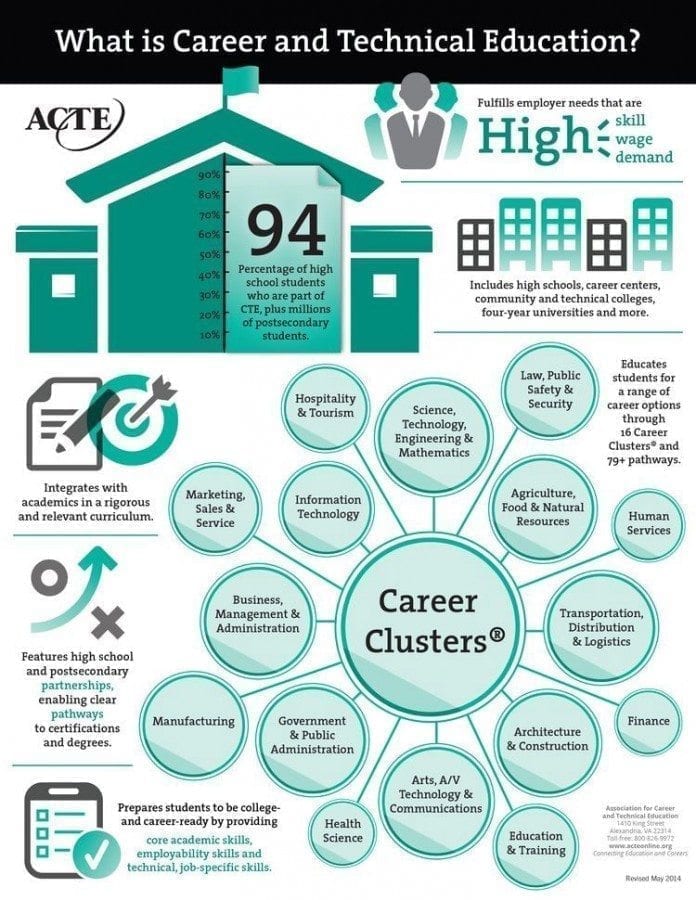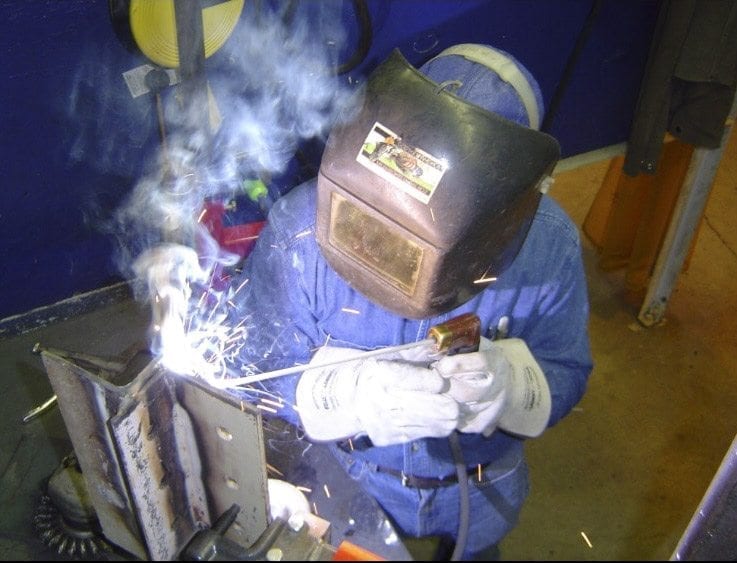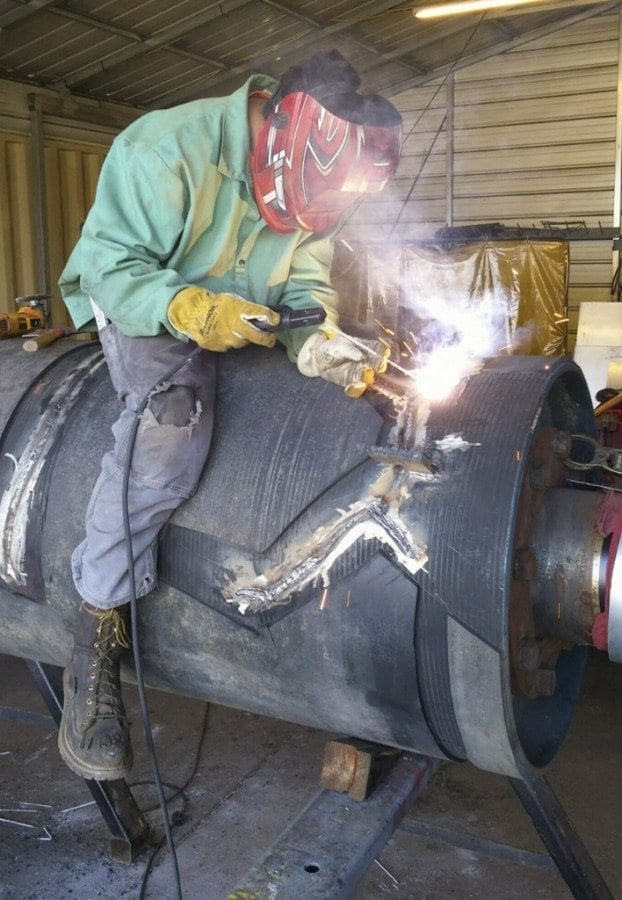
WASHOUGAL — In celebration of Career and Technical Education (CTE) Month, educators throughout the Washougal School District are shedding light on the district’s many science, technology, engineering and math (STEM) focused classes available to Washougal middle and high school students.
“It is important for both students and parents to know there are many ways for graduates to become better prepared for careers,” says Washougal School District’s CTE director, Margaret Rice. “And it does not always mean through a university path: We see many high paying jobs available in our neighborhood that do not require even a two- year degree.”
Rice says that educators look at today’s increasing tuition rates at traditional four-year colleges and universities and try to think outside of the university-bound box.
“With tuition costs as high as they are, we believe students should explore as many options as they can to make the best decision for them on how to reach their career goals,” Rice says.
The umbrella of CTE encompasses all classes that fit into the Association for Career and Technical Education (ACTE)’s 16 different “career clusters” — which include careers in fields like information technology, business management and administration, manufacturing, STEM careers, law and public safety, architecture and construction, and health sciences.

According to the ACTE, these types of skilled trades — many of which do not require traditional four-year university education — are often in high-growth fields that lack enough skilled employees.
“The skilled trades are the hardest jobs to fill in the United States, with recent data citing 806,000 jobs open in the trade, transportation and utilities sector and 293,000 jobs open in manufacturing,” states a 2014 report by the ACTE.
What’s more, the association states, “middle-skill jobs that require education and training beyond high school but less than a bachelor’s degree, are a significant part of the economy. Of the 55 million job openings created by 2020, 30 percent will require some college or a two-year associate degree.”
The Washougal School District offers a variety of these types of CTE classes at the middle and high school levels.
At Washougal High School, for instance, there are classes like Financial Fitness I and II and Web Design I and II, which fall into the Business, Management and Administration “Career Cluster” and several welding, metal arts and carpentry classes that fall into the Architecture and Construction cluster. In fact, the high school offers nearly 30 courses that fall into nine of the ACTE’s career clusters.
At the middle school level, the district offers robotics classes at its Canyon Creek Middle School and a variety of robotics, gaming, technology and coding classes at its Jemtegaard Middle School.
CTE Classes Prepare Students for Real World Careers
At Washougal High School, many students find that the STEM skills they picked up in their high school’s CTE classes apply to real-life career skills.
Zack Pietila, a 2013 Washougal High graduate who now works for Klopman Construction in Washougal, says he knew from an early age that college wasn’t the right path for him, so he never focused on the university-bound AP (advanced placement) courses offered at Washougal High and instead concentrated on CTE classes that might help him in his future career.
“I took Career and Technical Education classes like small engine repair, metals, guitar building, drafting and architecture,” Pietila says. “If you apply yourself in a trade, you can make a good living without spending four years at a university and spending all that money.”

The drafting classes he took at Washougal High, in particular, helped Pietila out in the real world.
“Being able to read blueprints and know what I’m looking at really helped me,” Pietila says. “Welding and small engine repair were great for learning fundamentals to take in to the field and on the job. Just starting out I had a decent idea of what was going on because I had that background experience. In the long run, it is knowledge like that that will help me advance quicker and further.”
Rice, the district’s CTE director, agrees that the high school’s assortment of CTE classes connects students with real world experiences.
“Many students find that they gain key skills that help them get a job after graduation,” Rice says. “They also provide the opportunity to explore career options and meet the people who work in them.”

She adds that the district wants to ensure that all Washougal students are prepared for their future careers and CTE classes can also help university-bound high-schoolers get ready for the lives that await them after they leave Washougal High.
“Whether a student is planning to become an engineer, a physician, an automotive technician, an electrician and so on, we know all students will need to be prepared to go to work,” Rice says. “We want to make sure they have the opportunity to learn about the different avenues they can take to reach their career goals so they are prepared for the path they choose.”
Pietila agrees with Rice’s assessment of CTE classes.
“Some students don’t like learning from a book and do better learning hands-on,” Pietila says. “Students can see that there is another option out there for a career and even if they don’t attend college, they will have skills that can help them find good jobs … (and if) a student can learn to work fast and stay busy and bring decent experience they will be a very valuable employee from the start.”




